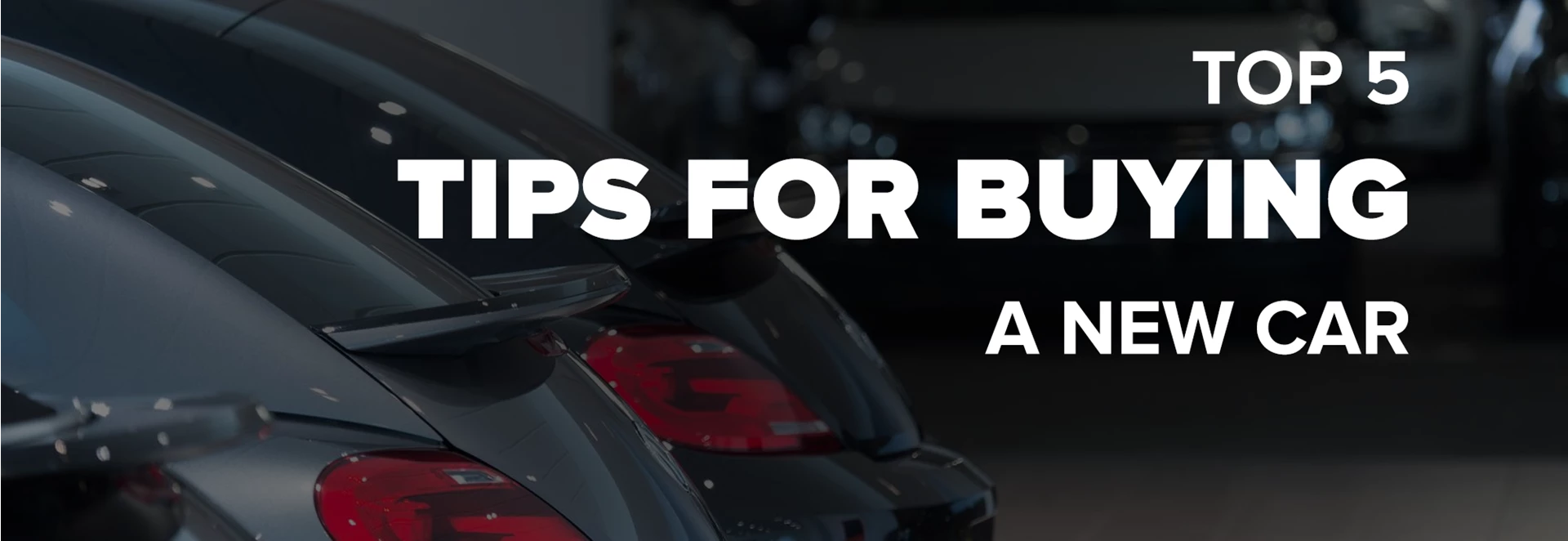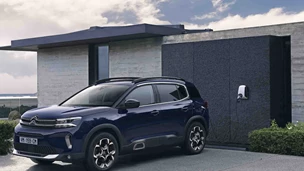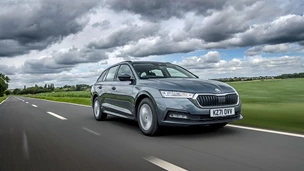Looking to buy a new car but unfamiliar with the process? If it’s something you don’t have much experience with then it can seem daunting at first. However, you don’t have to possess much general car knowledge to understand how to get a good deal and avoid pitfalls, you just need to be organised.
With some useful tips in mind for before and during the process of buying a new car, you can be a lot more prepared and confident.
In this guide we’ll outline some effective tips for making life easier whenever you buy a new car.
Set a clear budget
Before setting out to purchase a particular model, make sure you know how much you can and are willing to spend on a new car.
Make sure that the budget you have set out takes into account other expenses beyond the price of the car. The budget should include the likely cost of insurance and Vehicle Excise Duty (VED).
Once you’ve comfortably established your budget, don’t feel pressurised to stretch beyond it when trying to arrange a purchase. You can always walk away from a deal if you’re not satisfied with how much money needs to be spent.
When using Car Keys to search for your new car, you can adjust your search criteria based on a particular budget. It’s possible to set a minimum and maximum limit for spending towards either buying a car outright or for paying via monthly payments.
Research a potential buy
Using our reviews section and car comparison tool, it’s possible for car buyers to work out what sort of car best suits their needs.
When viewing a car you’re thinking of going for, read through the specification details to see that it fits your requirements.
Check that a model suits what you’re looking for in terms of size, interior room, practicality, running costs, safety, performance and fuel type. You can go into further detail and check a car suits in terms of engine size, transmission or even colour before you even walk into a dealership.
Also check what insurance group a potential purchase falls in, as well as its average fuel economy, emissions output and VED tax band. All of these details can be accessed for a particular car on Car Keys, when you choose to view all technical specifications on our reviews.
Alternatively, you can also view technical information while using our comparison tool. Therefore you gain a much better understanding of the running costs that’ll be attached.
It could prove very useful to compare the details of one particular possibly purchase with something else on the market that’s similar. Compare one car with one or two other candidates by utilising our vehicle comparison tool. You can learn a lot more about each model this way.
Pick the engine to suit your annual mileage
If you’re picking a car with a conventional combustion engine, then the choice comes down to whether you’re going to have a petrol or diesel unit under the bonnet.
Car specification with diesel engines are usually more expensive then there petrol-powered equivalents, but offer better efficiency and lower costs particularly during mid to long-range travel.
If, however, you only plan to drive short distance trips in your new car, then it’s better to go for a petrol engine rather than diesel. You’re a lot less likely to make up for the extra money spent on a diesel engine if you don’t cover a lot of distance over a few years.
Furthermore, problems with a diesel engine can even spring up if you only travel short distances. Diesel-powered cars contain an important component called a Diesel Particulate Filter (DPF), designed to remove polluting particles from the exhaust gas. If you only do short trips, however, then the filter doesn’t have time to become properly efficient and this can lead to mechanical problems.
Check what extras are included
When negotiating the purchase of a new car, check to see what extras are included in the deal. Here you can ensure you get what you want with your new car and spot any potential ‘hidden extras’.
Check that any extras you want are included in the price which you are quoted. It’s also handy to check that both delivery charges and number plate registration are both covered in the price you’ve been given.
Consider part-exchange if possible
Part-exchanging is a popular method of saving some money on a new car purchase. It involves trading in a used car which a buyer already owns as partial payment for a new one.
If you’re buying a new car in place of an old one, the part-exchange can have a double benefit. It saves you money and resolve the issue of getting rid of the old motor.
If you do plan to use a car for part-exchange, you should get an idea in advance as to how much it is worth. Factors including the age, condition and mileage covered by the car all need taking into consideration. There are numerous resources available online which can help you assess the value of an older car which you own.
If you’re bringing an old car in to a dealership for part-exchange, you’re likely to get more money for it if it is presented in good condition. Don’t allow the salesman the chance to knock the saving from the part-exchange by bringing in something which looks ragged and messy. Smarten up the old car with a service and/or wash if necessary.
Struggling to decide on your next new car? Try our New Car Finder tool.




